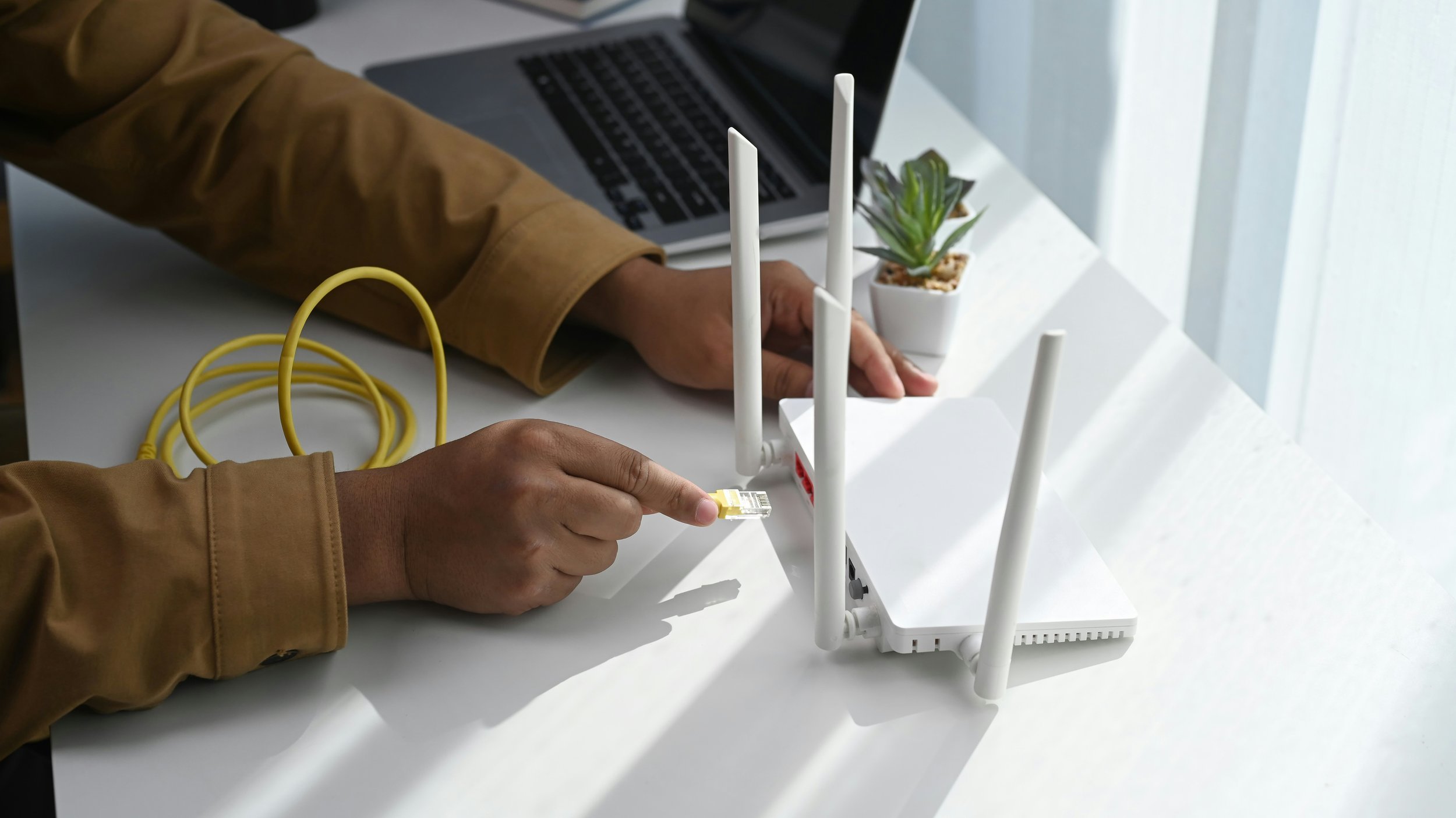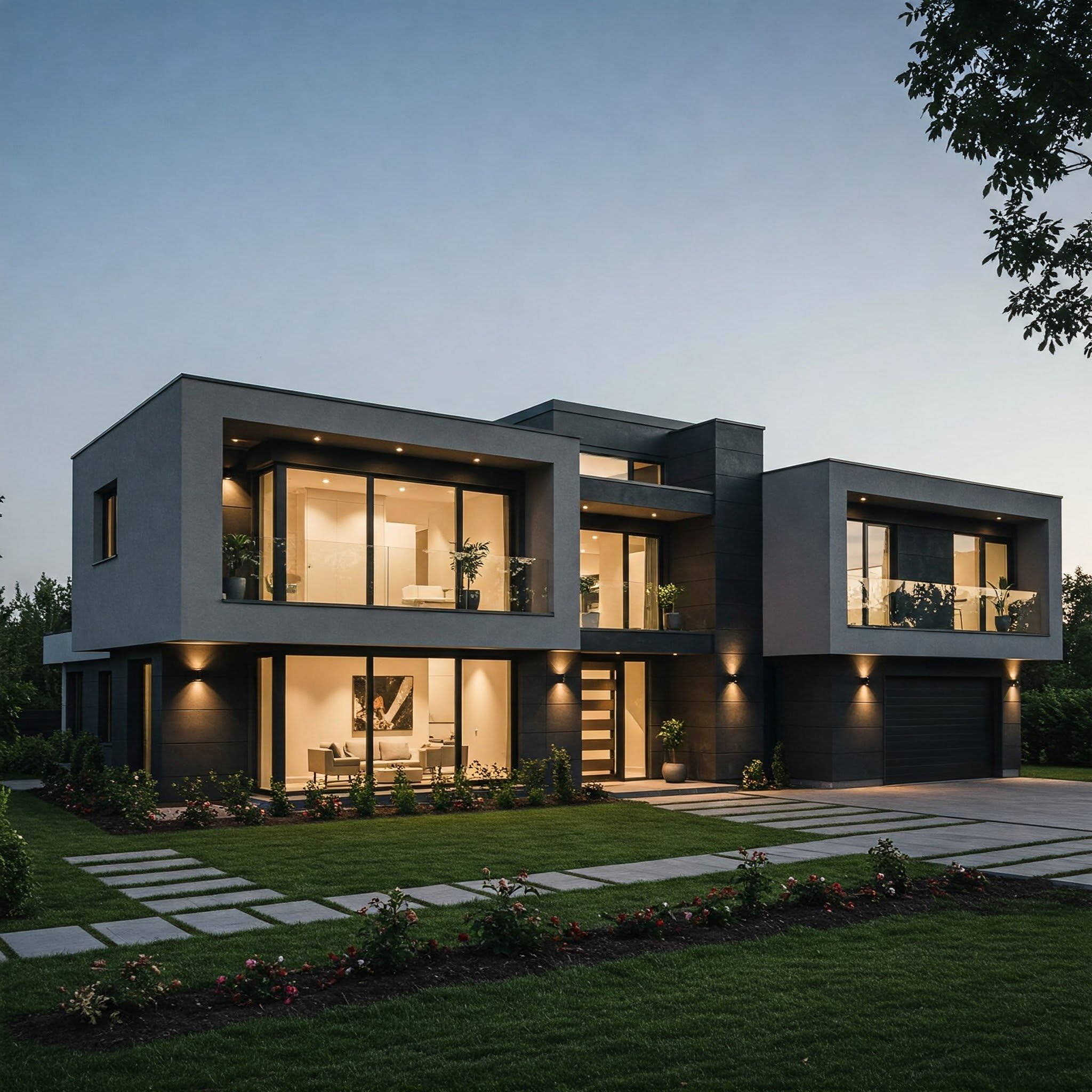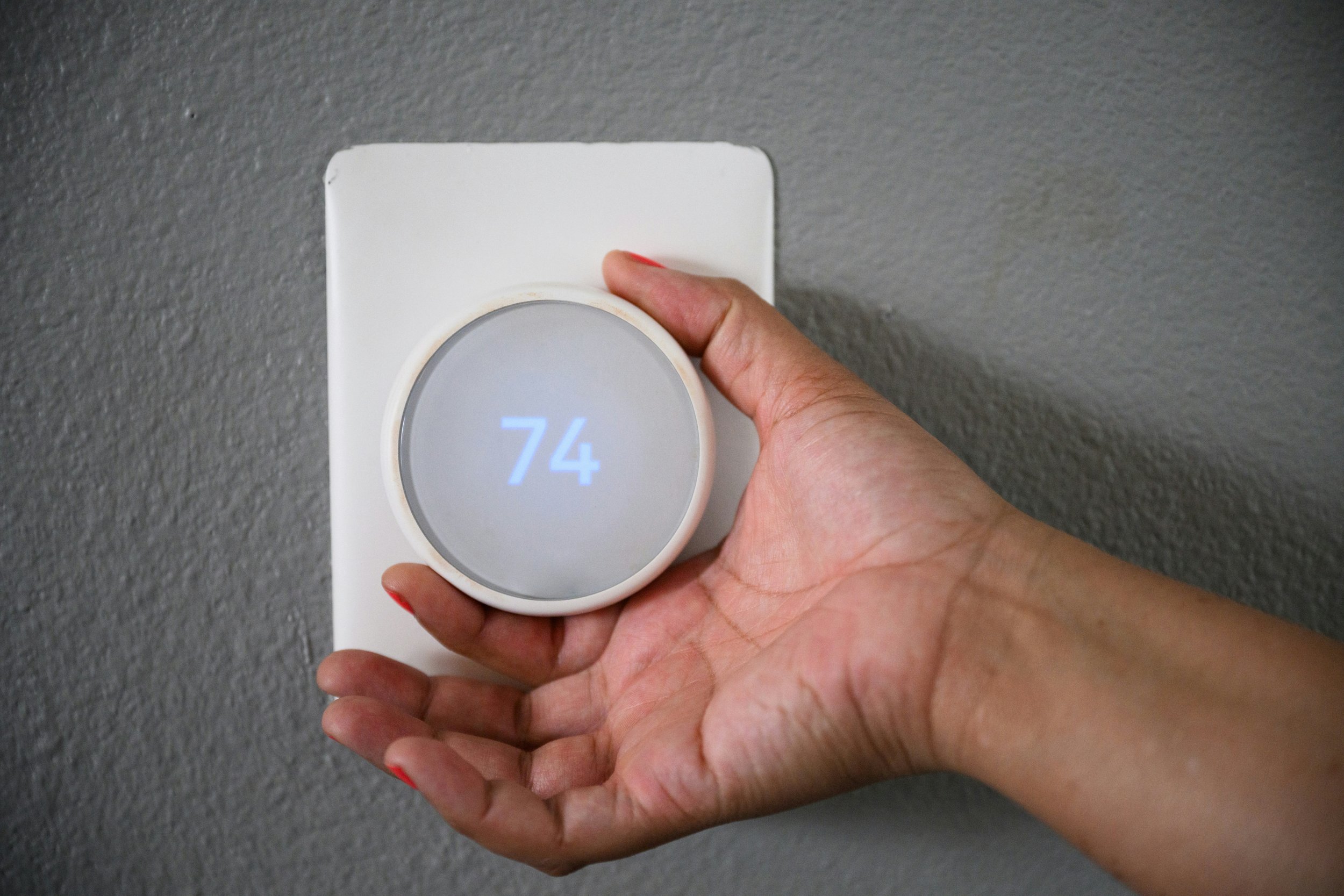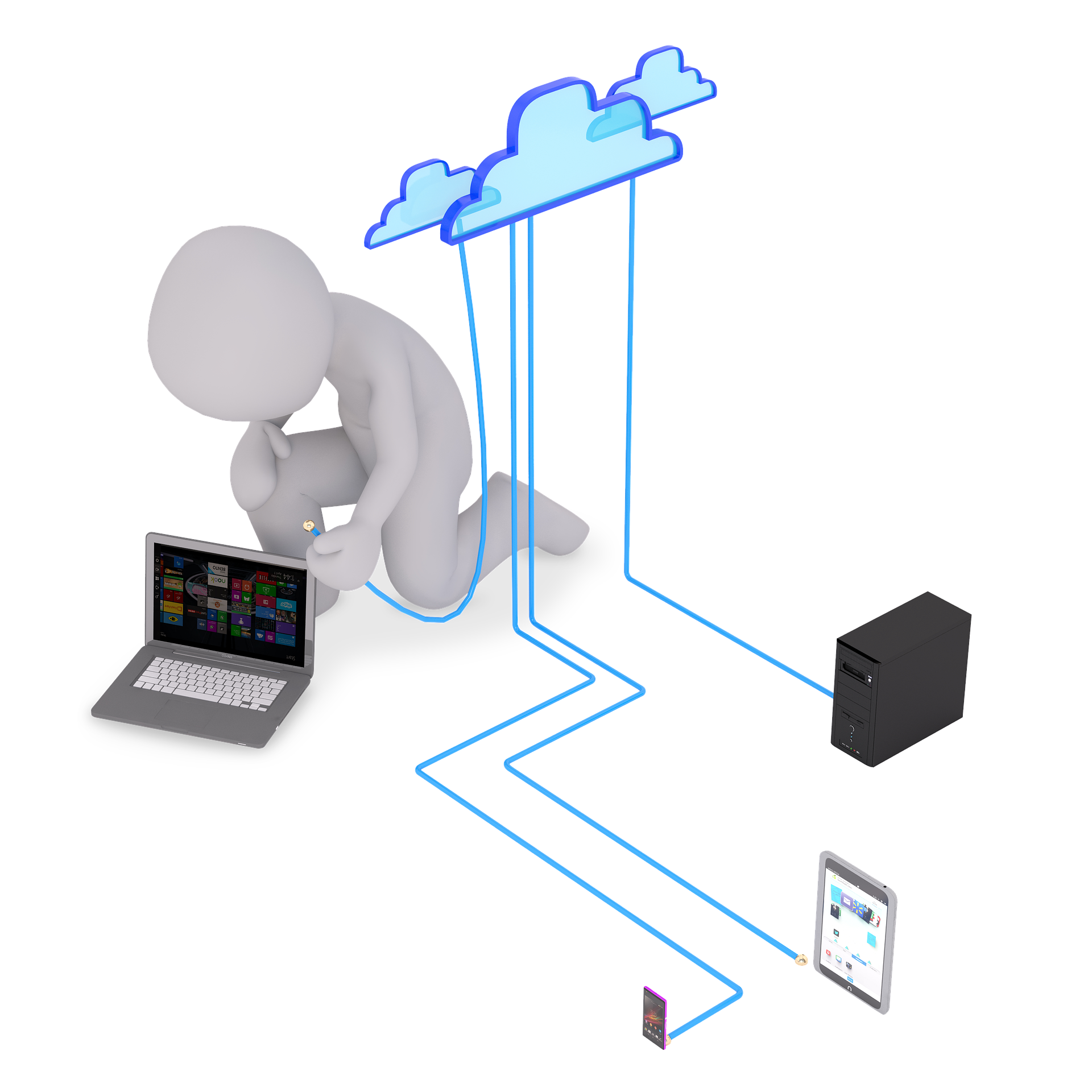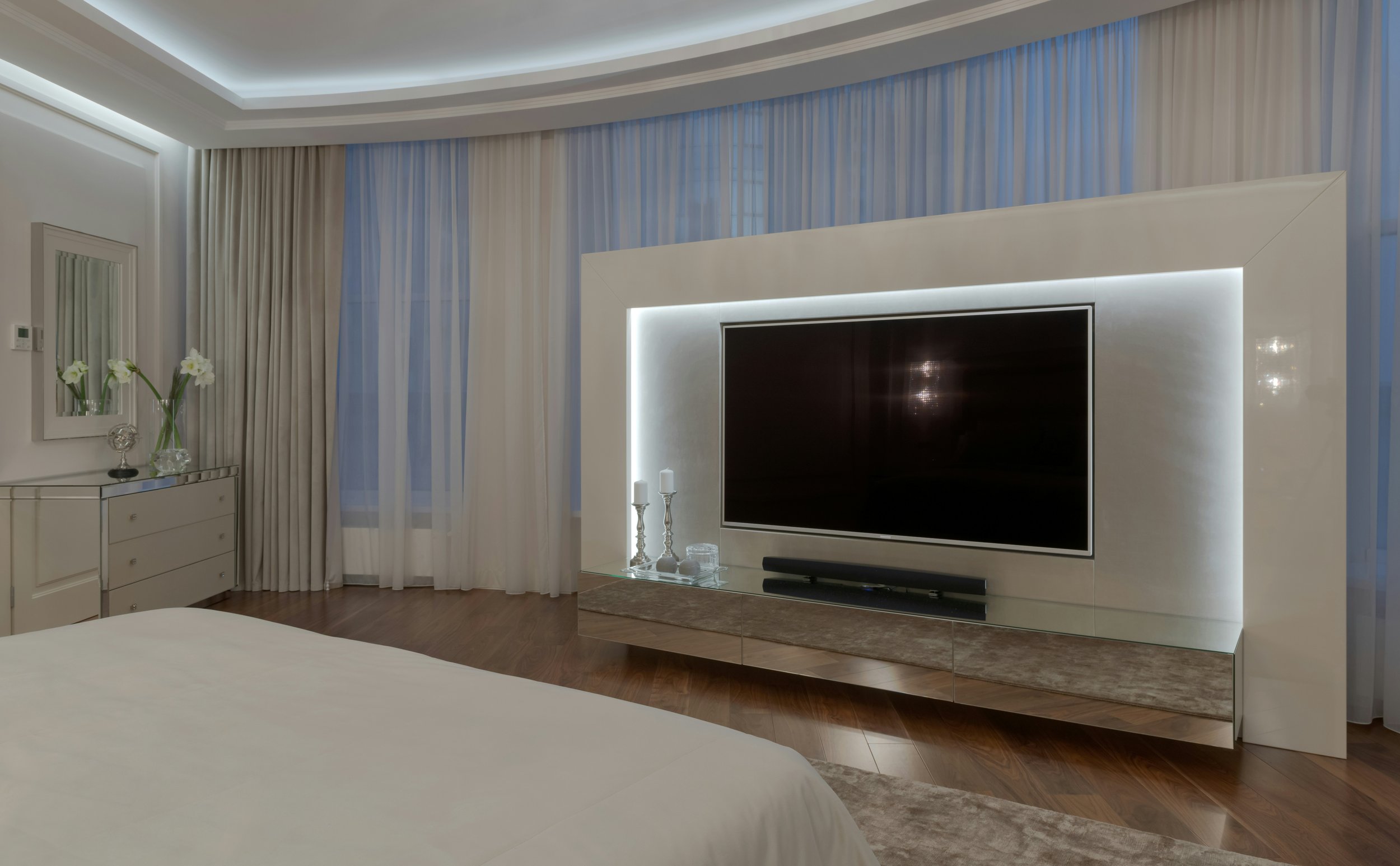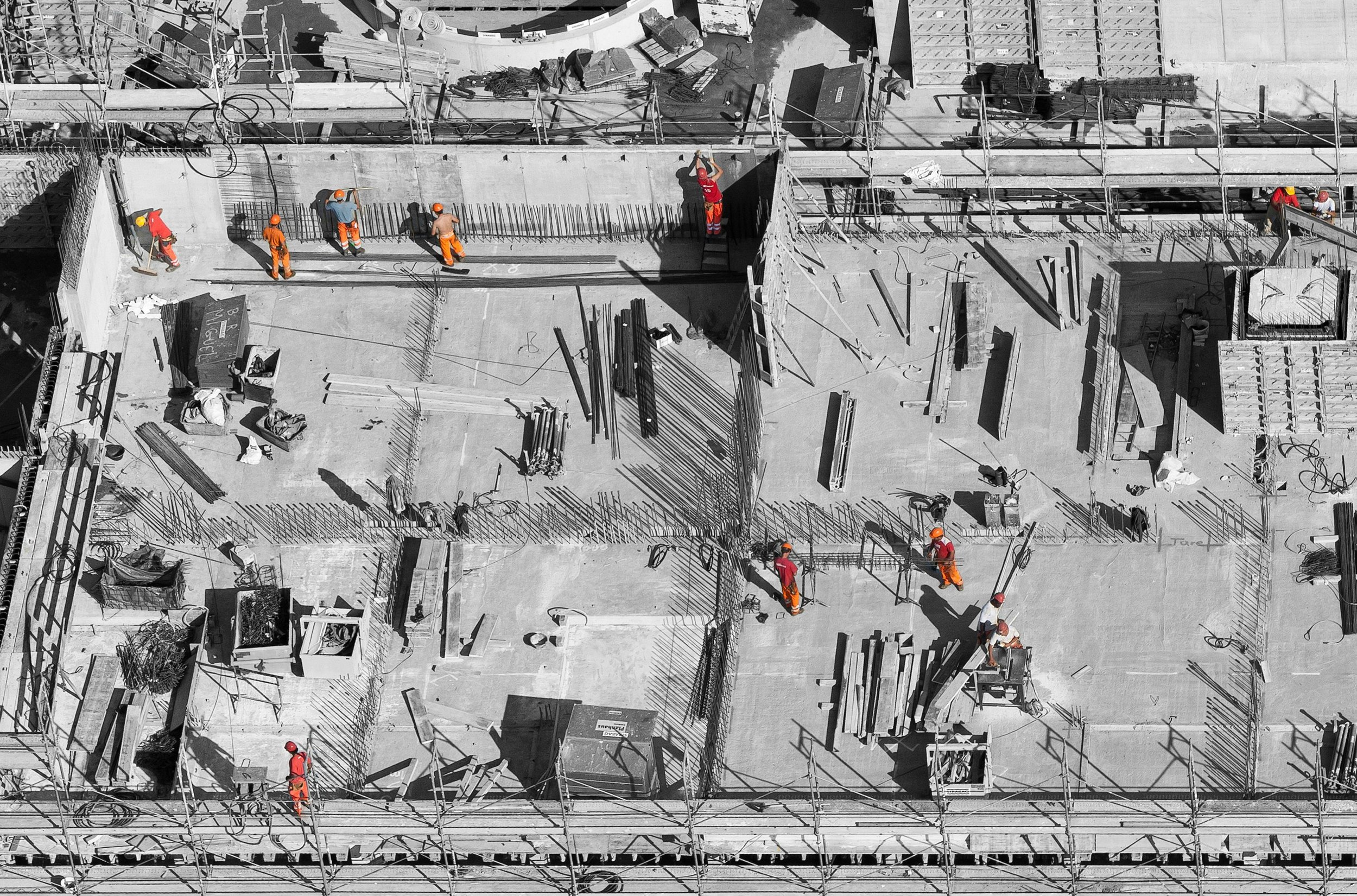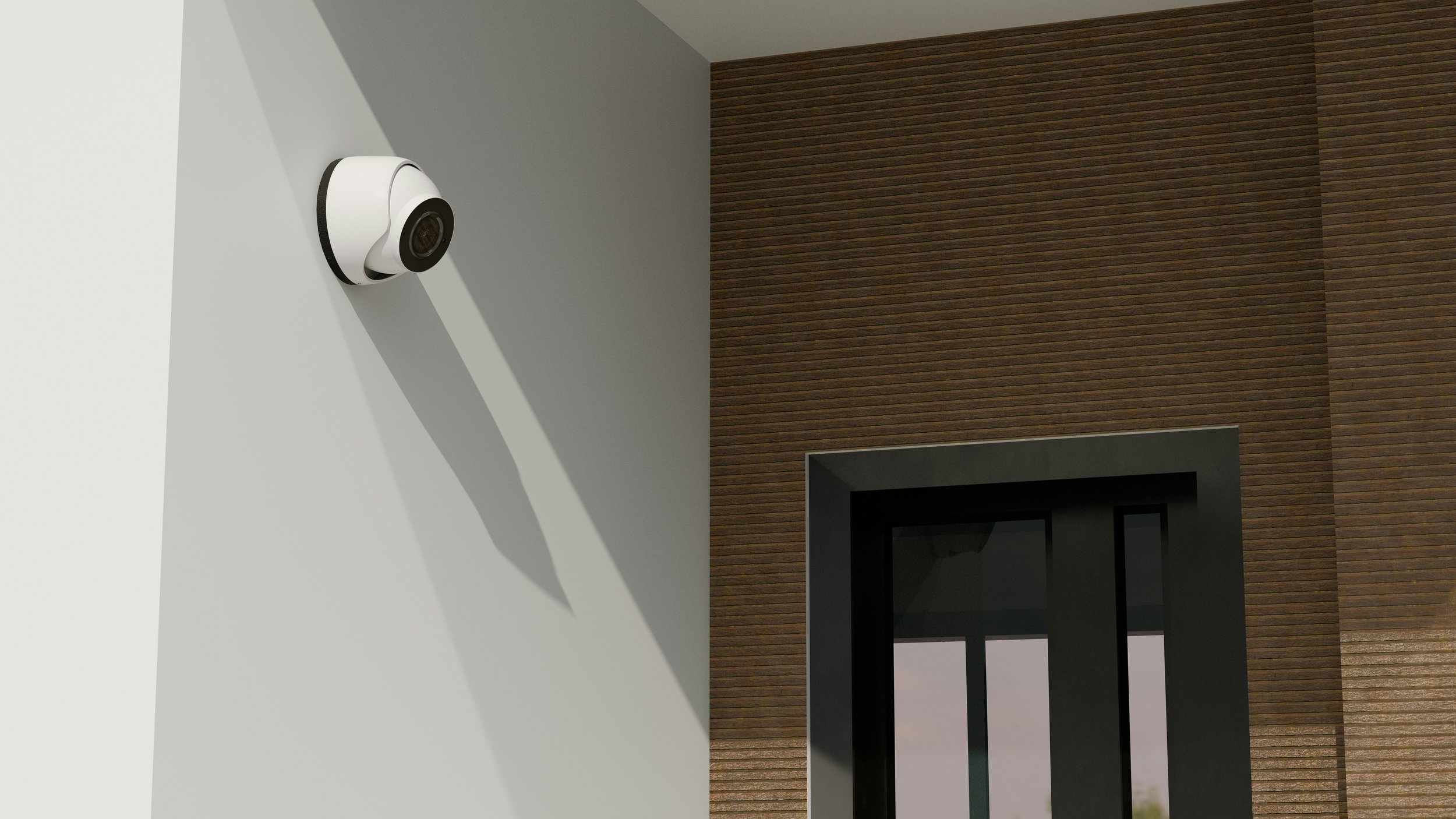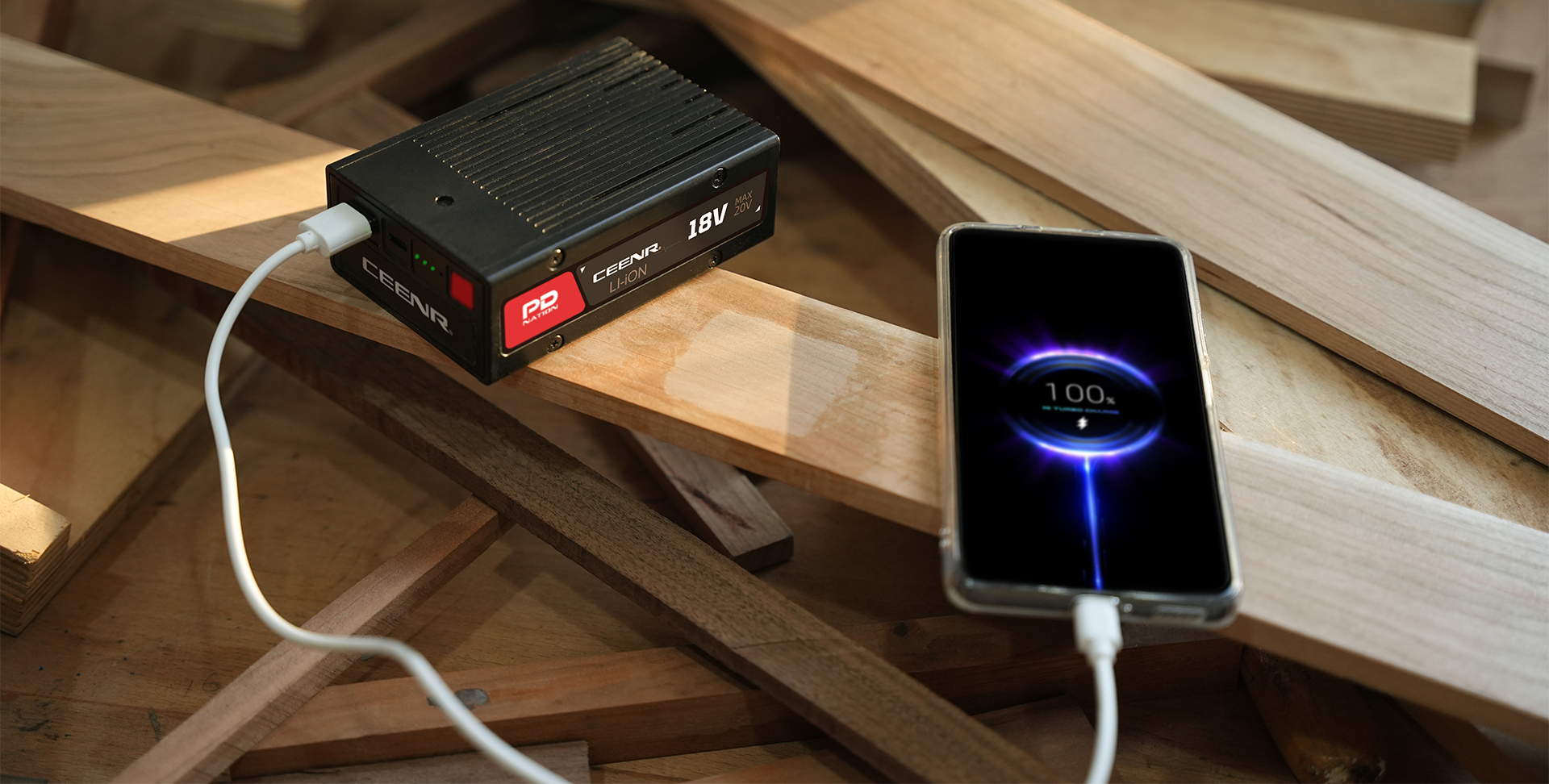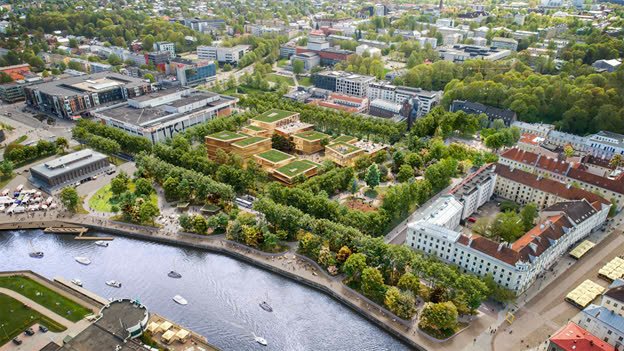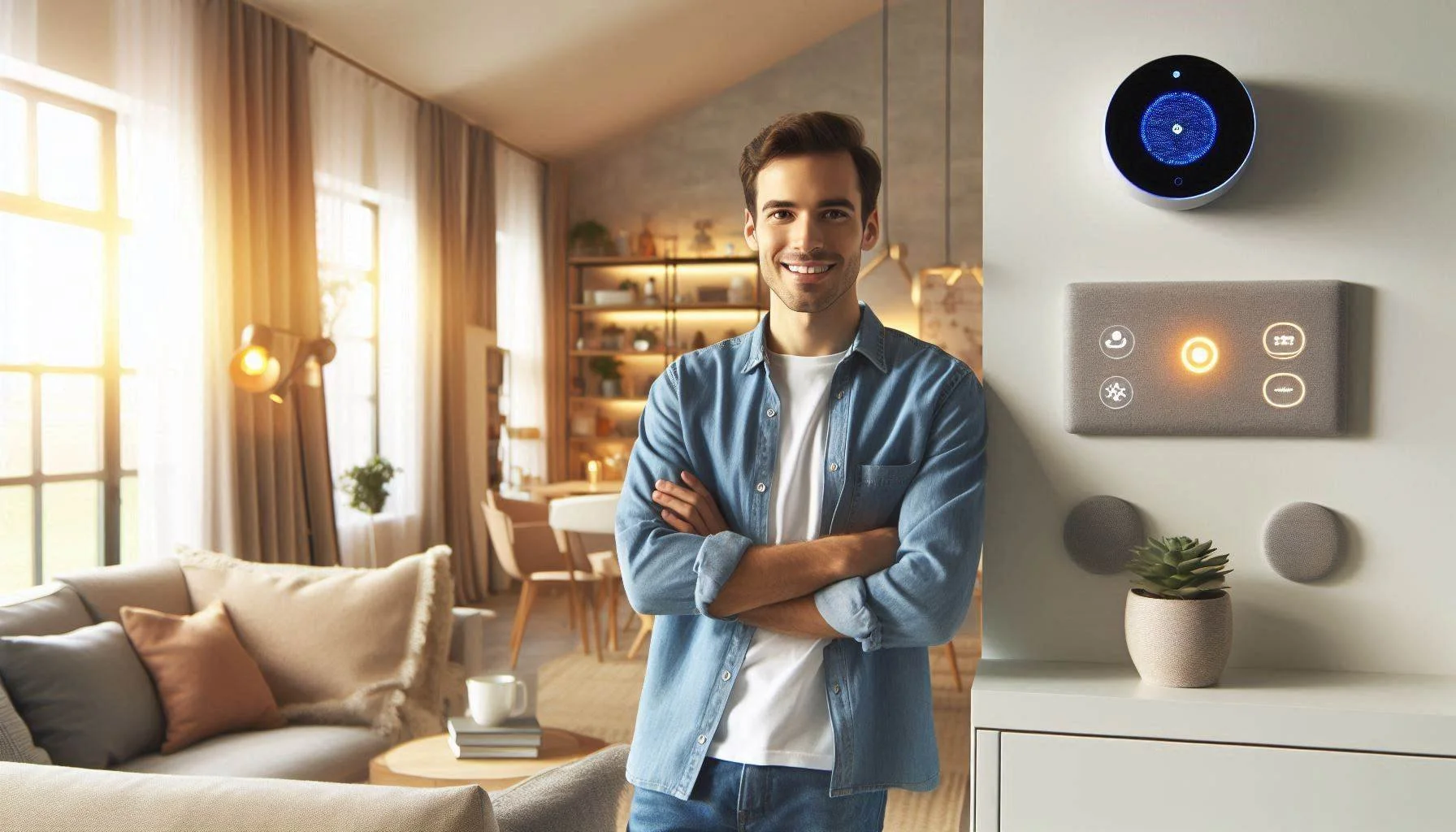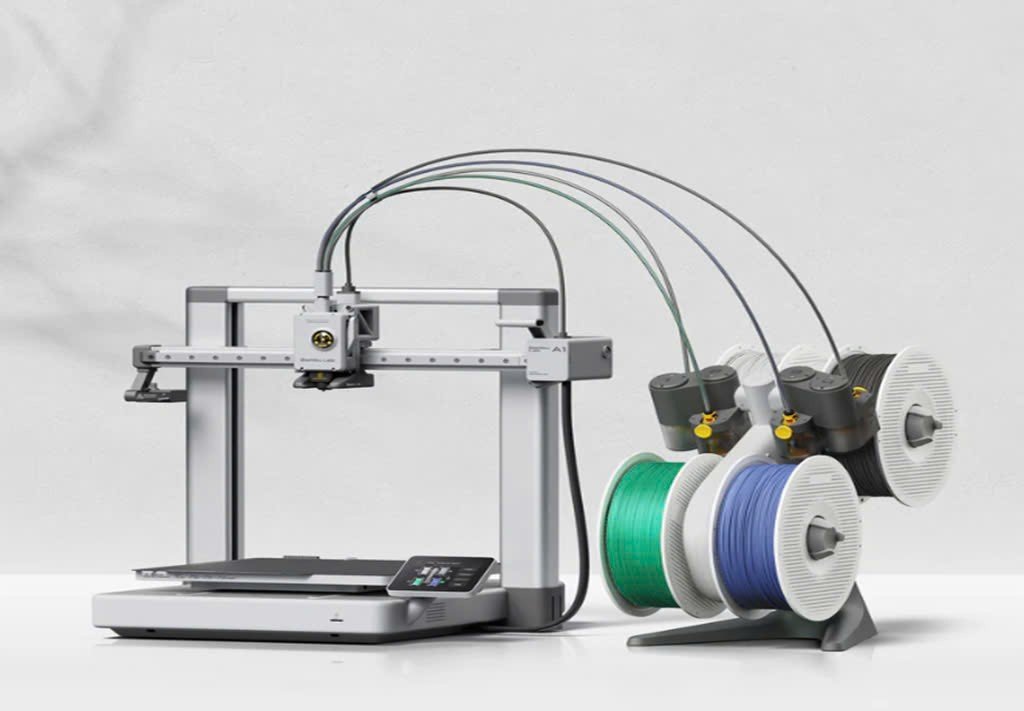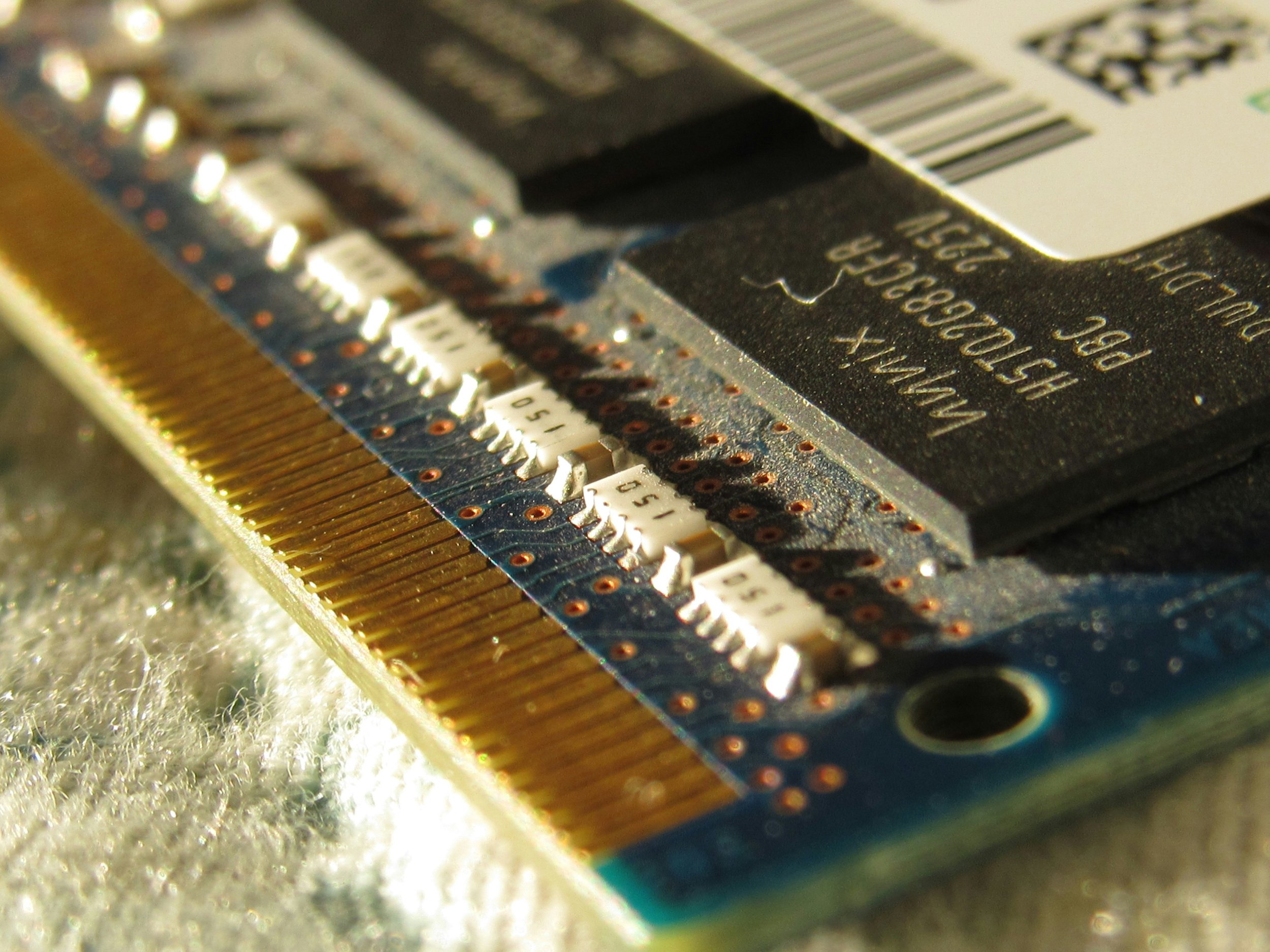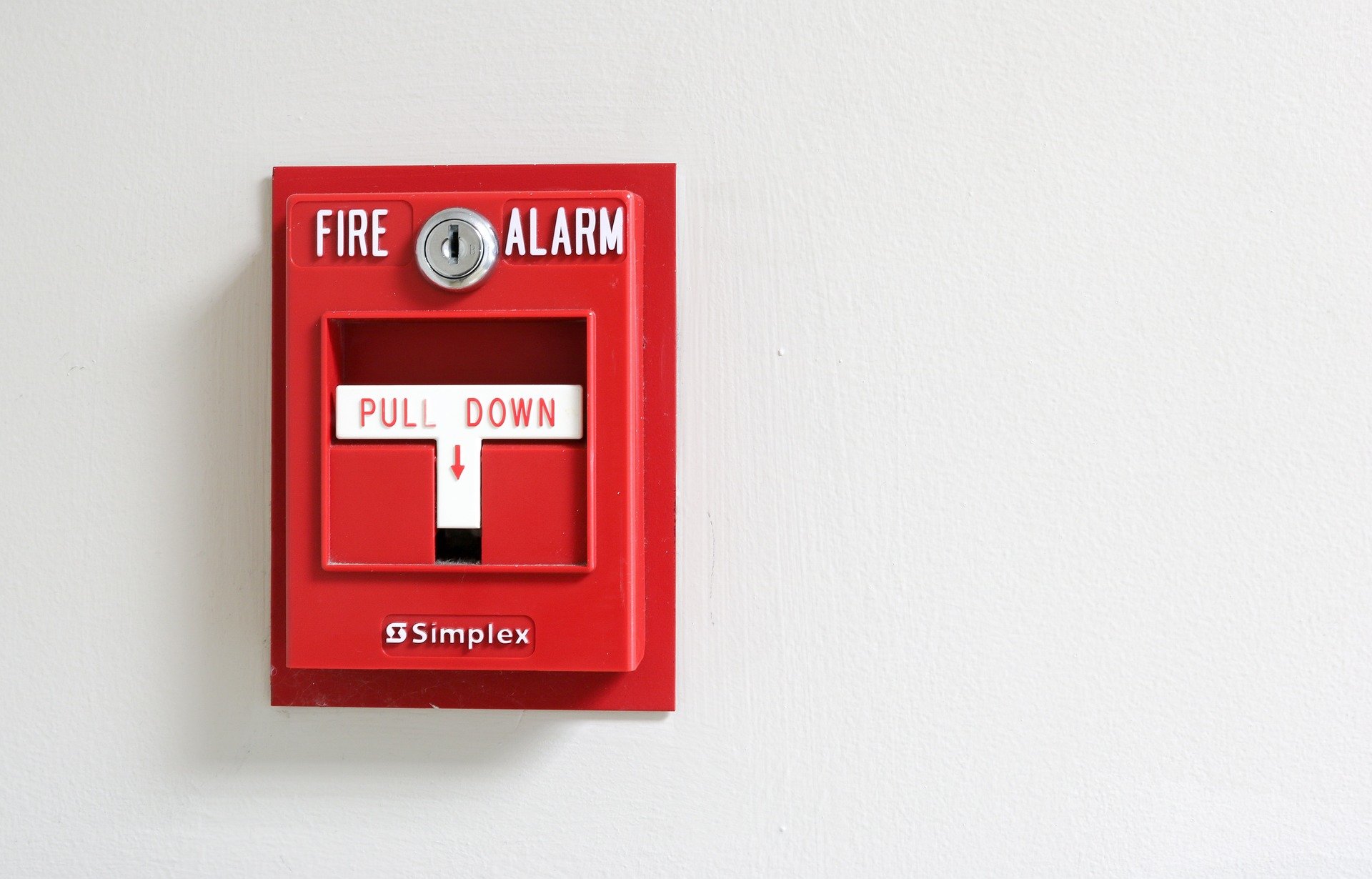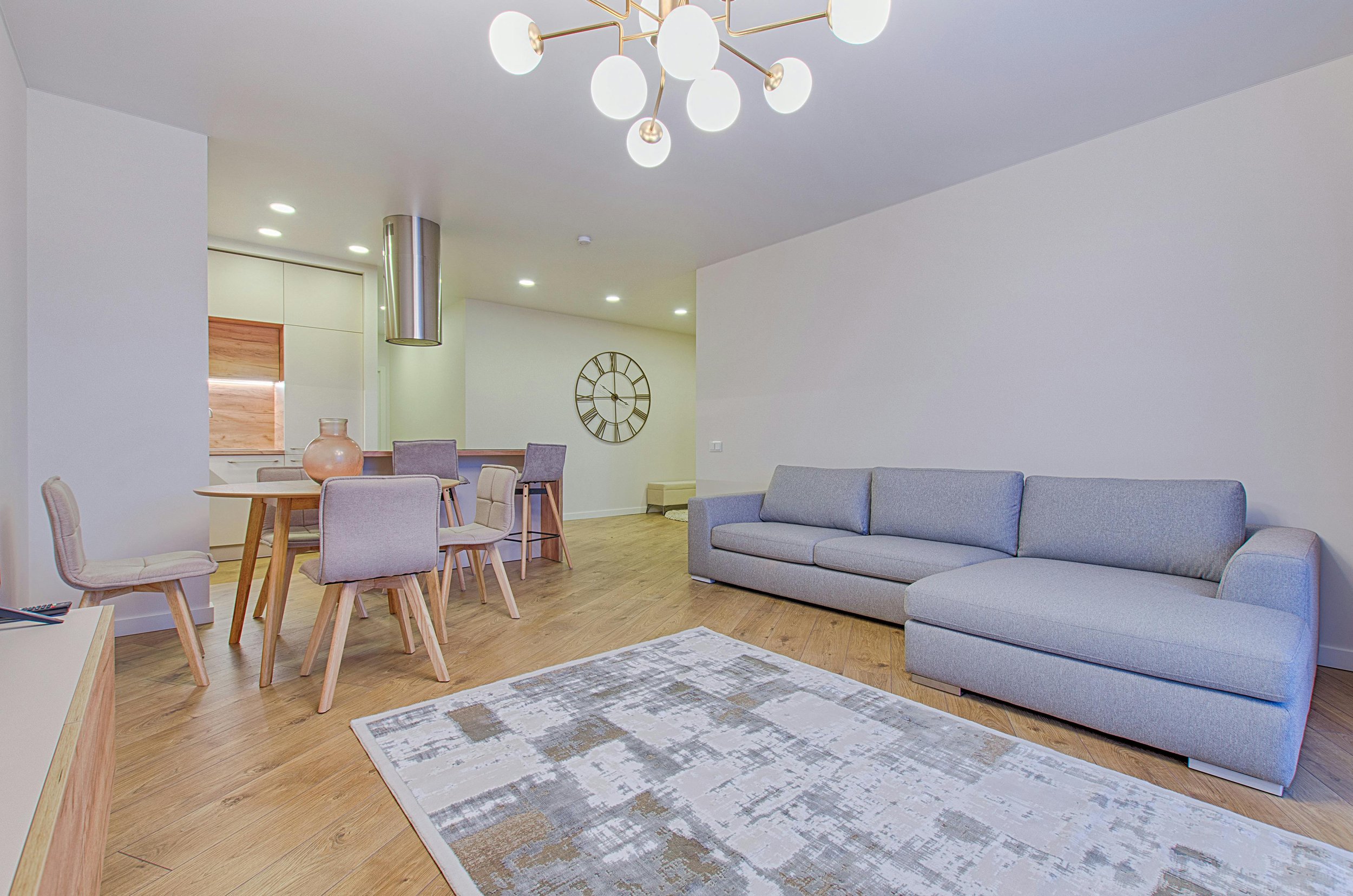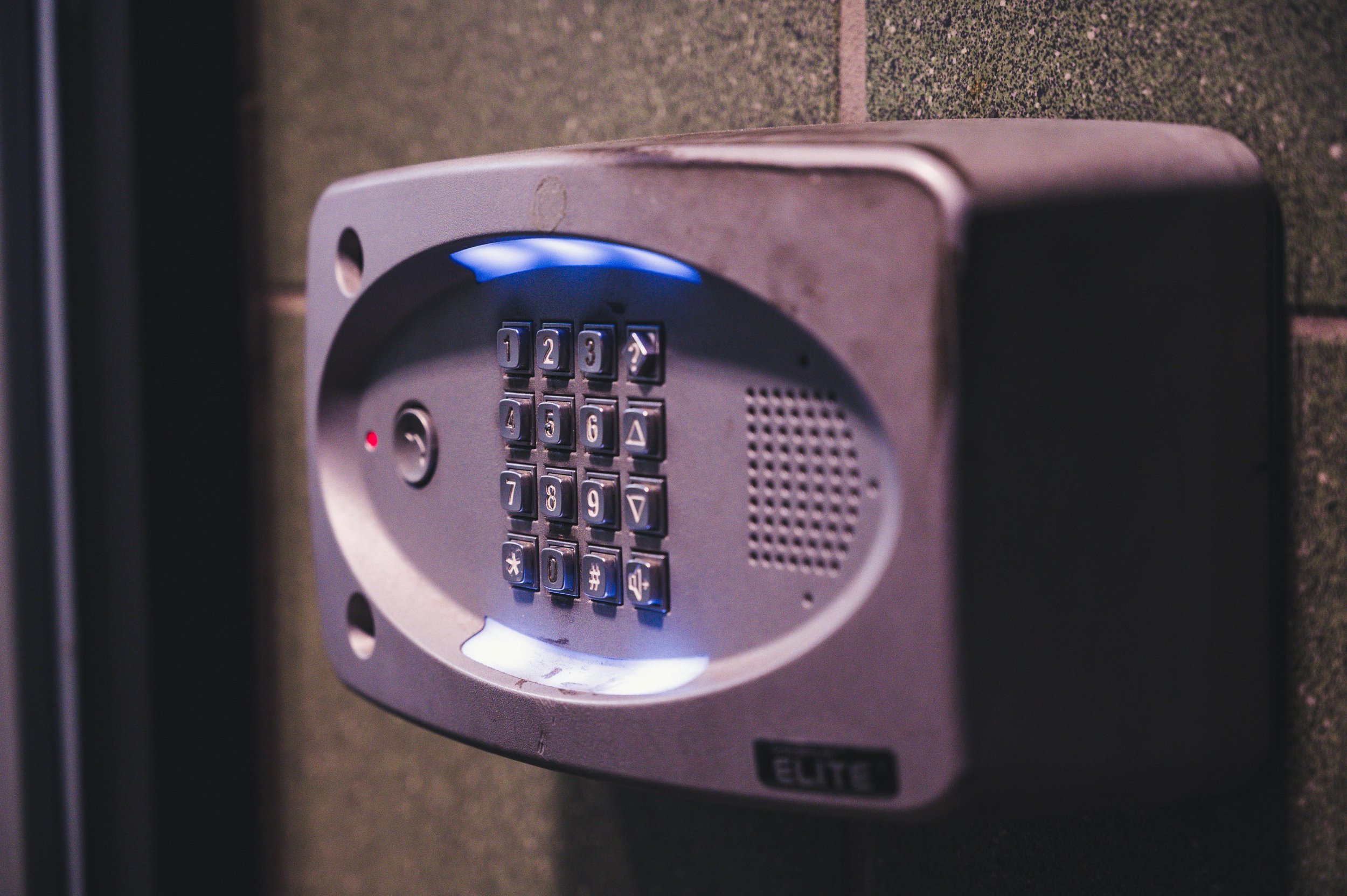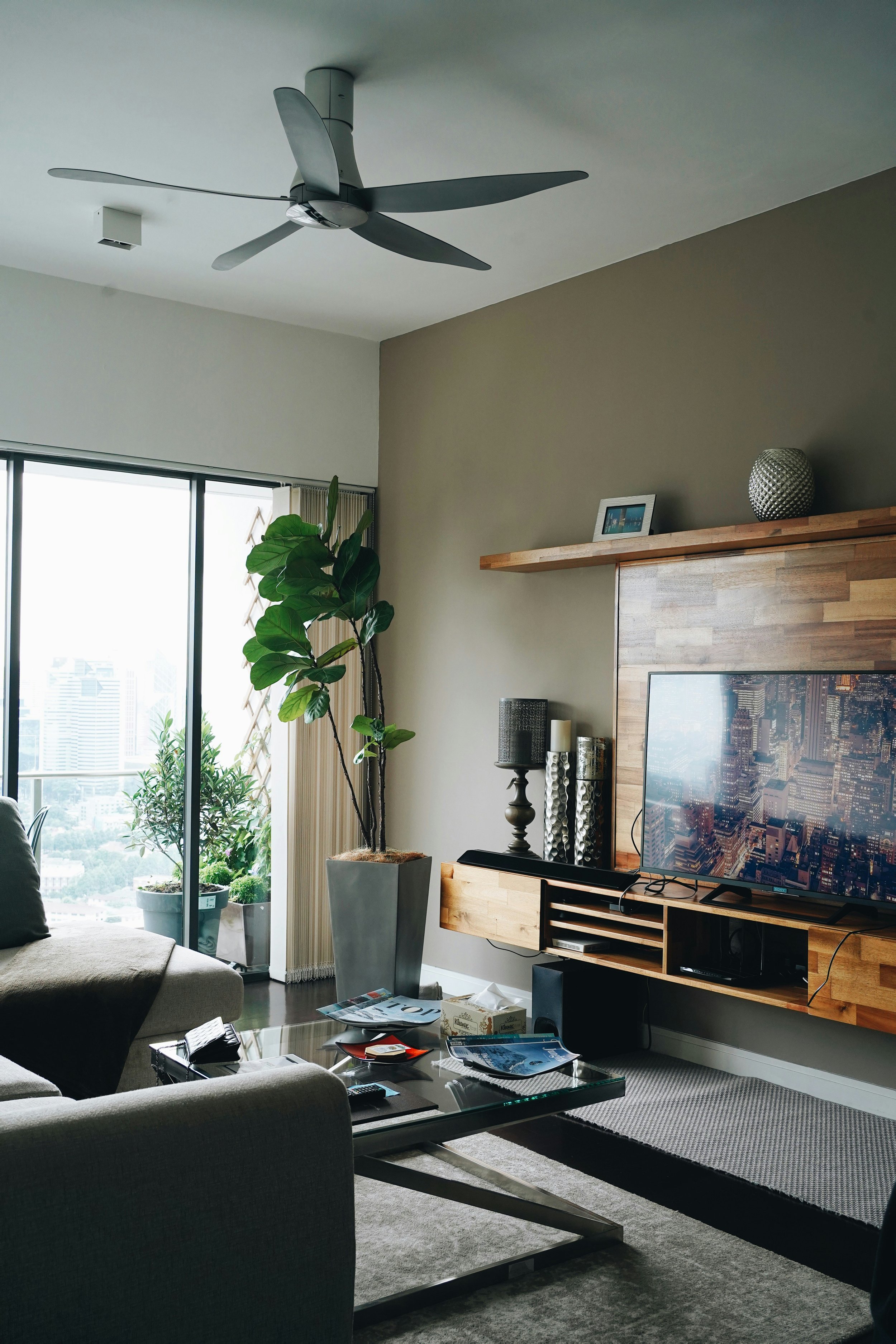Smart Home Technology and Efficiency
Explore how smart home technology can enhance efficiency and convenience in your daily life with our detailed guide.
Watching HAL 9000 in the famous 2001: A Space Odyssey in the year 1968 many must have thought they wished they had a super intelligent computer like HAL 9000. Truth be told, it was probably this movie that laid the groundwork for the idea of voice-controlled smart home devices because HAL could do everything with voice commands - from opening doors to adjusting the temperature and lighting of the spaceship Discovery One.
Iron Man’s AI assistant Jarvis further helped popularize the idea of smart home devices where everything could be automatically adjusted using voice commands, a tap, or a click of a button.
Have you been guilty of imagining a world where your thermostat anticipates your arrival and preheats the house, or your lights automatically adjust according to the natural light filtering through your windows? You are not alone!
And you know what? This is no longer a futuristic fantasy but the reality of smart home technology. Smart homes integrate connected appliances and devices into a seamless ecosystem, offering a blend of security, convenience, and efficiency.
But have you often wondered how smart home technology translates into a more efficient living space? Let’s rest your curiosity through this guide that delves into the different ways smart home systems optimize your energy consumption and streamline your daily routines, creating a more sustainable home.
Smart Home Technology Brings Energy Efficiency to the Forefront
Lighting control - You can remote control your smart lighting systems, schedule automated on/off times based on sunrise and sunset, or even enable motion detection for hands-free activation. Thanks to this, energy is not wasted because you never forget to turn off lights anymore and if you do, you can switch it off remotely.
Smart appliances - You can easily integrate modern appliances with Wi-Fi connectivity into your smart home system. For example, smart refrigerators can monitor internal temperature and optimize cooling cycles, while smart washing machines can adjust the use of water based on load size.
Smart thermostats - Smart thermostats assess your routines and adjust cooling and heating automatically. The advanced ones even geofence your location, automatically increasing or decreasing temperatures to ensure your home environment is comfortable upon your return.
Power monitoring - Power strips and smart plugs monitor energy consumption of individual devices, allowing you to identify and address the electronics that are consuming too much energy. This helps you in making informed decisions about potential upgrades and usage.
Beyond Energy: Smart Home Technology Brings Efficiency to Daily Life
Energy savings is one of the primary and major benefits of smart home technology, but that’s not all it offers. This technology offers a broader range of efficiency advantages, which are briefly discussed below.
Automated routines - You can program smart home systems for custom routines. Think lights automatically dimming for movie night or the coffee maker starting just as you wake up. These routines can streamline your daily tasks and save precious time so you can focus on other important aspects of your life.
Remote access - The ability to control your home from anywhere with a smartphone application or app on your computer is one of the biggest discoveries of modern times. You no longer have to keep wondering whether you have locked your doors or adjusted the thermostat before leaving for work or going on a holiday. You can do so through an app and eliminate unnecessary trips home.
Voice commands - Voice assistants and smart speakers like Google Assistant or Amazon Alexa have taken the convenience of smart home technology to the next level, allowing you to enjoy hands-free control over your smart home devices and adjust your thermostat, lighting, or other smart home devices using your voice.
Diagnostics and predictive maintenance - Most smart home devices available today come equipped with in-built diagnostics similar to a Mac computer. Just as you can run diagnostics on Mac to check what’s ailing your trusty system, you can run diagnostics on your smart home devices to be alerted of issues or problems. For example, your refrigerator may alert you of temperature fluctuations. Knowing the issues or problems early on will prevent major breakdowns and save you unnecessary trips to the service center.
Smart Home Technology: Promise of A Sustainable Future For Your Home
Smart home technology holds a lot of potential for creating a sustainable lifestyle. This technology optimizes energy consumption, streamlines daily routines, and enables proactive maintenance. Smart homes help to significantly decrease your environmental footprint.
The Bottom Line
You no longer have to drool over the fantastic tech shown in sci-fi movies like Minority Report, Her, or Back to the Future because you have it within your reach. Smart home technology is a reality that is transforming living spaces into more convenient, efficient, and sustainable havens. You can control and monitor your home remotely with a touch of a button or a tap. While you are home, you can use your voice to command your smart home devices to adjust the lighting or start to brew a pot of coffee.
Have you adopted smart home technology yet?




